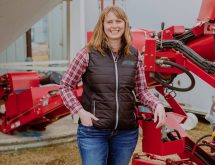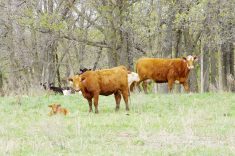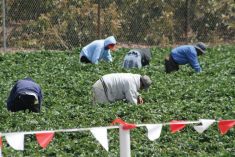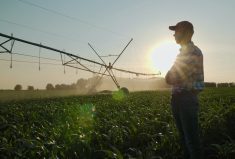The average age of farmers keeps going up, but it’s not because younger people don’t want to farm — it’s high land prices and tight margins that’s keeping them out, the latest ag census suggests.
Bob Ohlhauser agrees.
“It’s about money,” said the 82-year-old who still helps operate a medium-size grain farm near Carbon, an hour’s drive northeast of Calgary.
Read Also
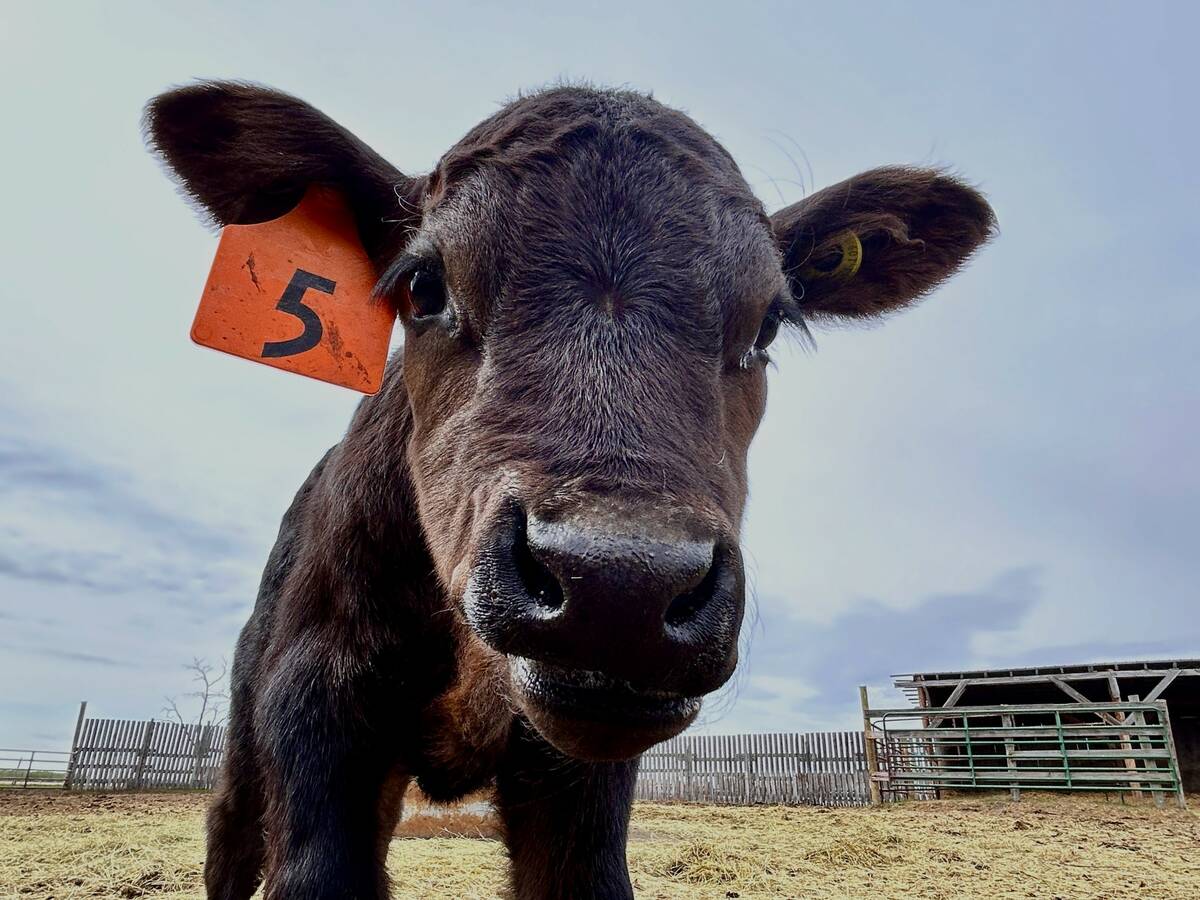
Calf vaccination timing: why one size doesn’t fit all
Experts say for calf vaccinations to be most effective, it requires using a tailored approach for each herd.
“The end result of farming over the last few years is prices are not anywhere near recovering the cost of machinery, equipment and fertilizer.”
Dryland in his area is selling for around $6,500 an acre, he said, adding corporate farms have an easier time borrowing money. Another problem is finding workers and being able to pay enough to retain them.
“So you must have another quarter section to pay for the hired man,” said Ohlhauser. “Why are young people not coming back? Money is a big thing. There’s not enough money to get these guys interested.”
While the greying of Canadian farms isn’t new, the 2021 Census of Agriculture found the median age of farmers increased by two years (compared to five years earlier). Moreover, the proportion of farmers 55 and older grew by six per cent — three out of five have now passed the Freedom 55 milestone. Meanwhile the proportion of those under age 35 fell to just 8.6 per cent (down from 9.1 per cent in 2016).
Ohlhauser expects that trend will continue, and will be especially strong in Alberta.
“The kids are not coming back in my area here,” he said. “Some of them moved to Saskatchewan where the land is cheaper. (But) they’ve always had to have another person involved, sort of a silent partner you might say, in securing land whether it’s grass or crops.”
The bottom line is that large farms will feed Canadians in the future, he predicted.
That’s the trend that shows up in the ag census.
Farms have consolidated and become much larger in terms of sales and the number of employees, the census said. Small and mid-size farms are in decline.
Those with the largest sales now account for the greatest share of total farm operating revenues, said StatCan. In 2021, farms reporting at least $2 million in sales accounted for 51.5 per cent of total farm operating revenues in Canada (versus 41.5 per cent five years earlier).
And those farms are few in number — just 7,746 nationally and 1,651 in Alberta generate that level of sales.
Also, the number of farmers working off farm to supplement their income increased by 3.8 per cent from the previous census. In 2020, 47.7 per cent of farmers in Canada reported off-farm work.
And it’s even higher in the cattle business, said Ben Campbell, who operates Tullichewan Ranch with wife Stephanie near Black Diamond.
Other than large cattle operations with thousands of acres, most ranchers need off-farm income, he said.
“Ranching, generally, isn’t very profitable,” he said. “Why would someone put all that effort in, even if their parents do have a ranch, if they aren’t going to make that much money?”
On a cow-calf operation, farmers earn a profit of around $50 to $150 per head, he said.
Campbell agrees with Ohlhauser that young people are not entering the business because of high land costs and low profit margins.
“In order to have 200 animals you must have millions of dollars in assets,” he said. “There are usually better things to do with your time and money.”
Campbell continues ranching because of the beauty and challenge. Although he has family members who farmed, he didn’t grow up on a farm and initially worked as an engineer. But he has no regrets about trading a job with a secure paycheque in the big city for a life as a rancher.
“I think I have a better job than a doctor,” he said. “If I won the lottery, what would I do with my time? This.
“If someone said you could be a CEO in Calgary, earning half a million dollars a year, I’d say no thanks, because I’d have to live in Calgary and work in an office. I have a dream job. I get to live and work in one of the most beautiful places on the planet.”
Although he’s 38, Campbell qualifies as a youngster — he was recently named the province’s outstanding young farmer (an award open to producers under age 39).
He left his engineering job to go ranching eight years ago, and has been able to buy 320 acres of the 1,400 acres on which he runs 300 head. But, unlike cattle prices, the price of land has been steadily rising for years and the path he took has only become more challenging.
To attract more young people to ranching, Campbell would like the province to designate more land for agricultural use so would-be farmers aren’t always competing with wealthy urbanites who want a home in the country.
“I think that would decrease the value of the land because then no one is going to buy it just so they can build a house and drive a quad around,” he said.
With few young people entering the ranching business, Campbell expects a trend away from owner-operator farms.
“The average age of farmers is close to the average age of CEOs for big businesses, because farming is shifting away from smaller family farms to big businesses,” he said.
“I think one of the reasons the average age is shifting is because the nature of being a rancher is changing. Fifty years ago, a city person could move out to the country, buy land all in a block, and run a ranch with nobody working off the farm to pay the mortgage.
“Today that’s just never going to happen.”



